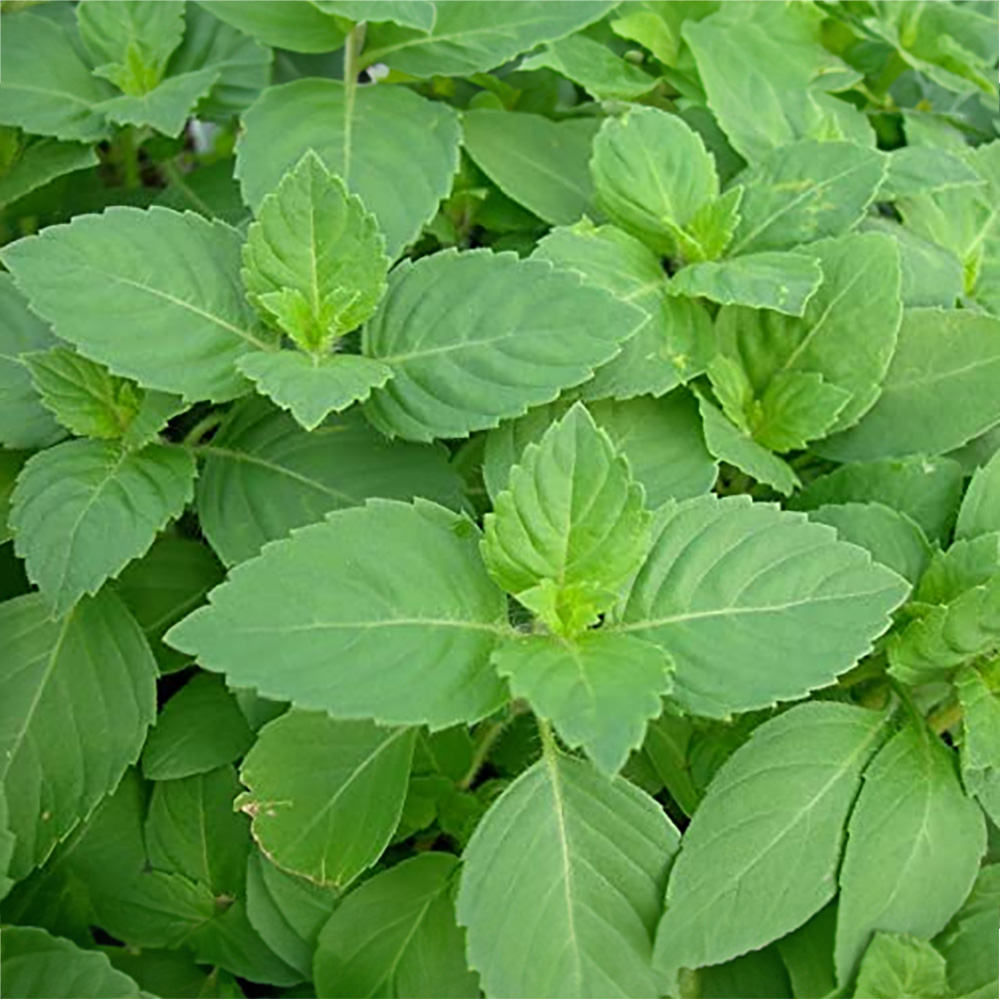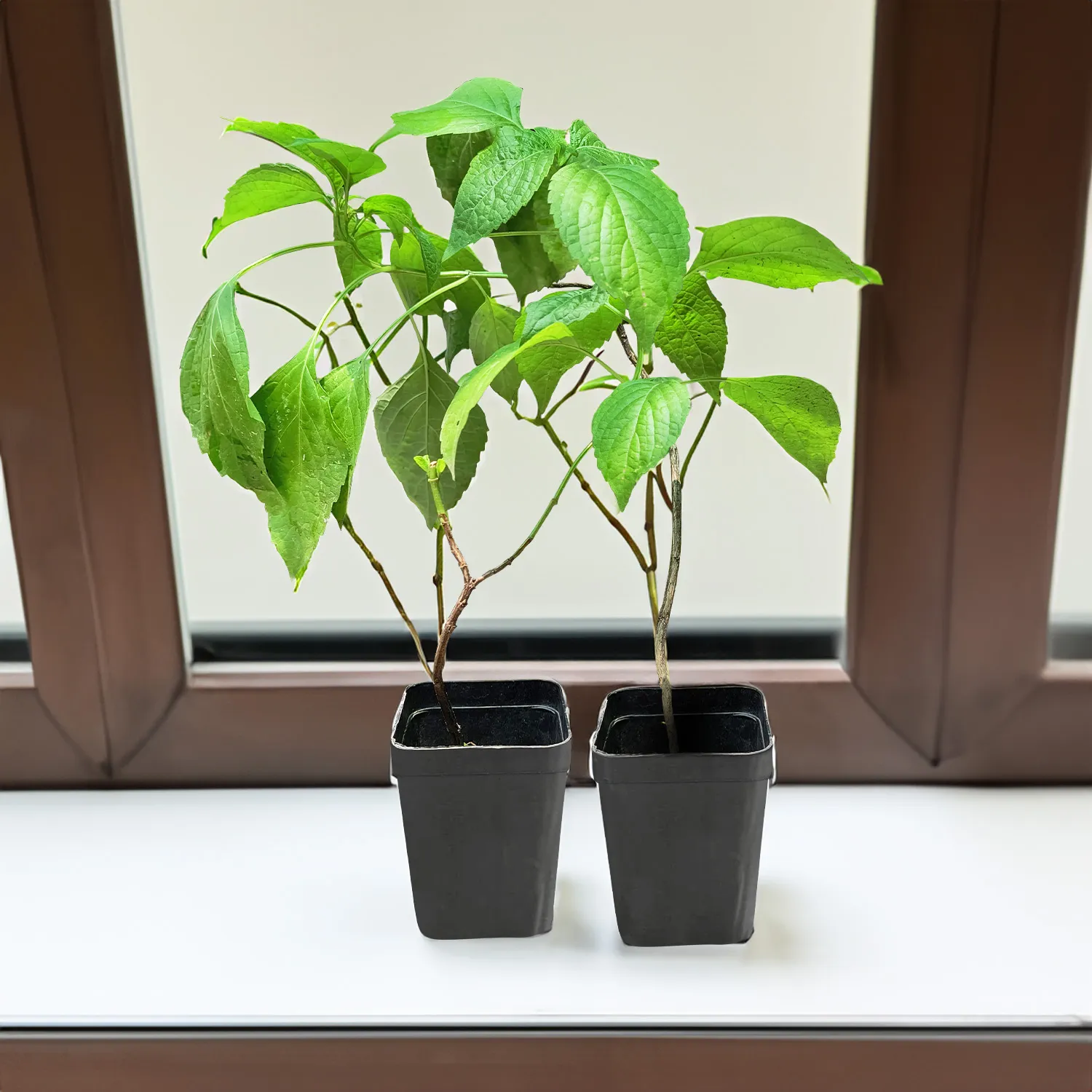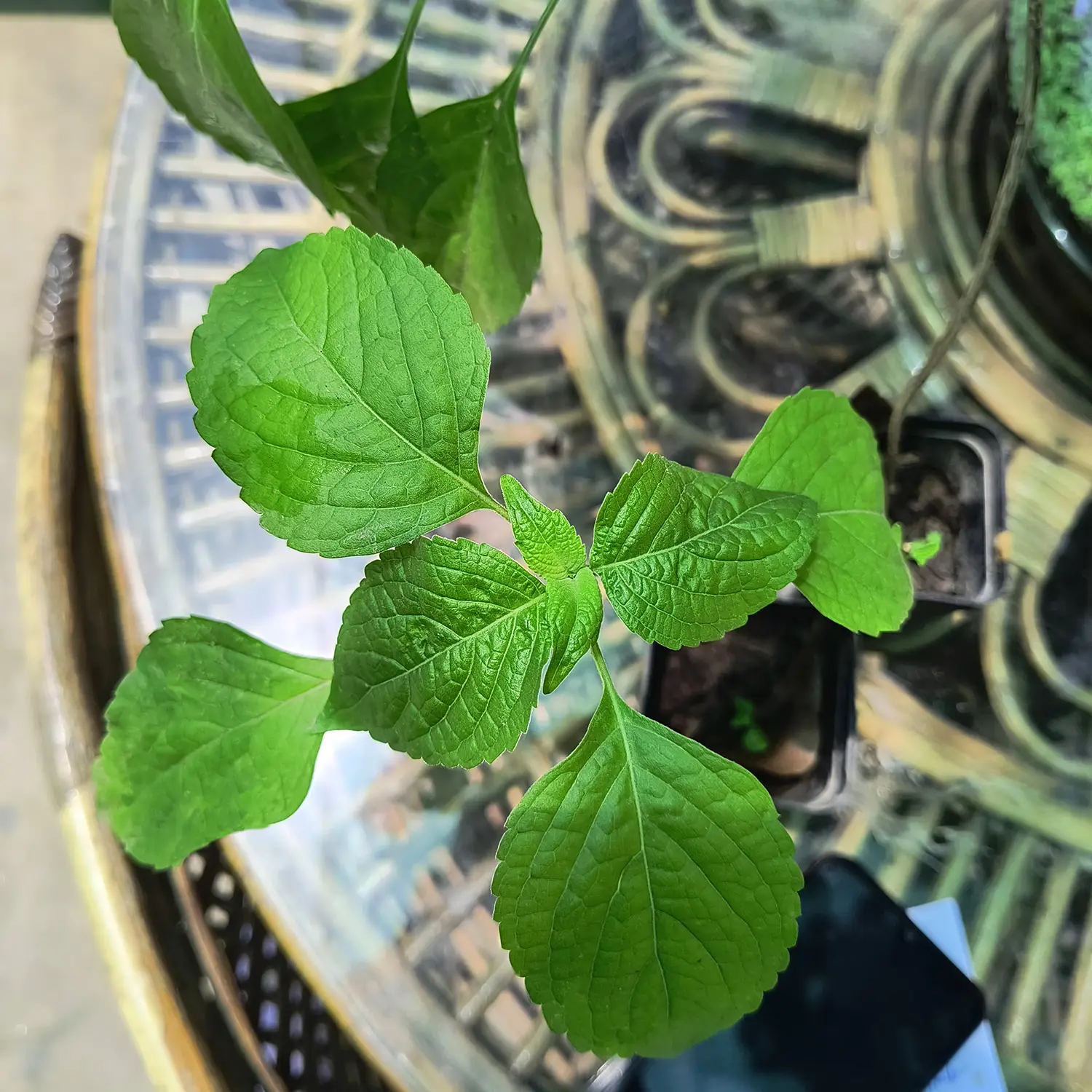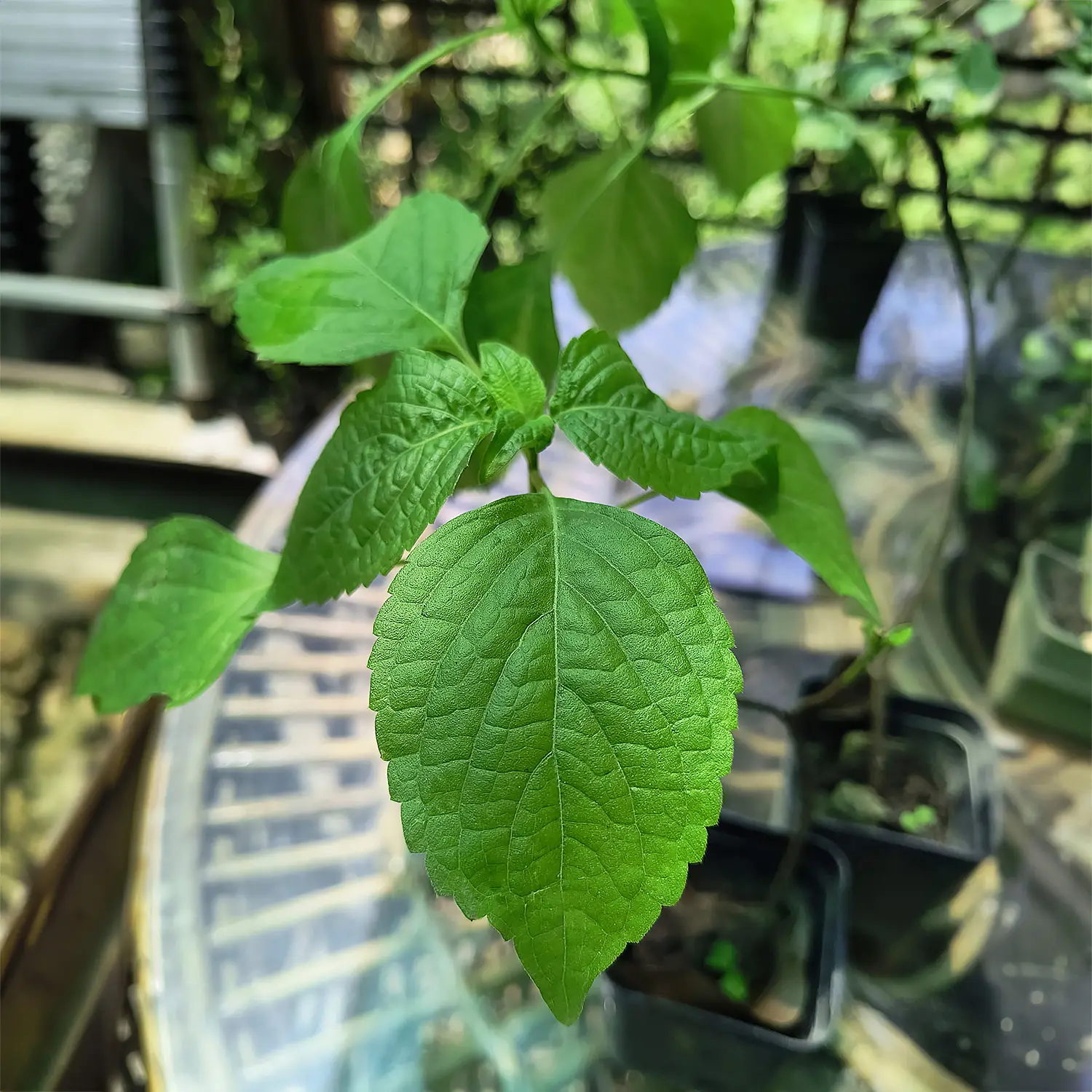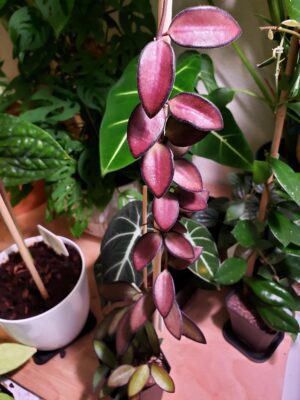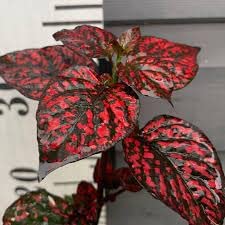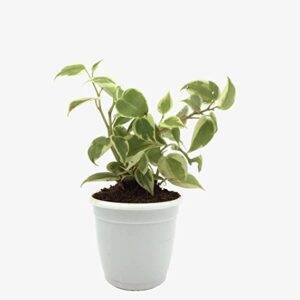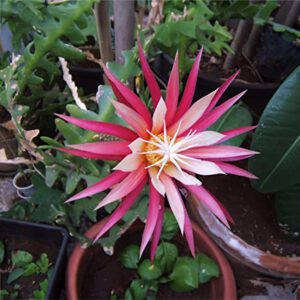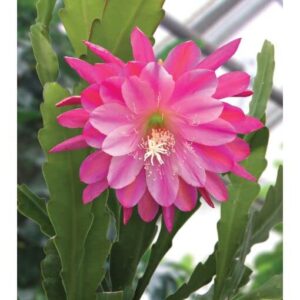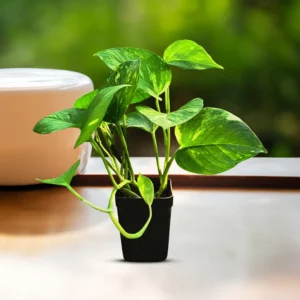Ram Tulsi, also called ocimum sanctum or holy Basil is an important plant that is used in traditional ayurvedic medicine as well as is held sacred in Hindu culture. This is a sacred plant that is widely cultivated in the tropical sub-tropical climates of the world and is deemed to have earned its place in the two categories due to its discovered health qualities that serve humanity.
Ram Tulsi plant is a perennial plant that grows best in warm climates and belongs to the family of Lamiaceae with the botanical name Ocimum sanctum. It has many names that have been used traditionally such as Lami in Gujarati, Tulsi in Hindi, and English it is known as Tulsi plant. It has green leaves having slightly jagged margins, green Woody stem, and purplish flowers usually at the apex of plant. Known as the cousin of the Krishna Tulsi, Ram Tulsi is less pungent than its sister and has a comparatively weaker smell as well.
Holy Basil Plant Characteristics
Botanical Features: The ‘Ram Tulsi’ can grow to 60 cm high and its branches will spread outwards. The leaves are small and slightly oval, and they do have a rather pleasant, sweet-pepper-type flavour.
Growth Conditions: It grows well in the soils with maximum drainage and water moderation with sun pounding extensive full sunlight for the best result.
Cultural Significance: Tulsi is found in every Hindu home or in the front garden or the courtyard of houses as it bespeaks of purity and spiritual devoutness.
Ram Tulsi Benefits or Holy Basil Benefits
Adaptogenic Properties: Ram Tulsi is known for its ability to help the body adapt to stress and restore balance, making it a powerful adaptogen.
Immune System Boost: The plant is rich in antioxidants, which support the immune system and enhance the body’s resistance to infections.
Respiratory Health: It is highly effective in treating respiratory ailments such as asthma, bronchitis, and common colds due to its anti-inflammatory and antimicrobial properties.
Digestive Aid: Basil aids in digestion and helps alleviate issues like bloating, indigestion, and acid reflux.
Anti-Inflammatory Effects: The plant’s leaves contain compounds that reduce inflammation and pain, beneficial for conditions like arthritis.
Holy Basil Uses
Culinary Uses: The primary utilization of Ram Tulsi leaves is to infuse flavors into the foods, drinks, and teas. It can be used for culinary purposes as it has a very special taste which is somewhat like pepper.
Medicinal Uses: Holy Basil can be found as tea, in supplements, or as an extract and is known to cure or alleviate numerous conditions, including stress.
Skincare: One can directly use crushed leaves as a poultice in the management of acne, bites as well as skin infections because they have anti-bacterial activity.
Aromatherapy: The oil used as an aromatherapy for Ram Tulsi has been proven to have a calming and stress-relieving effect.
Holy Basil Medicinal Uses
Treatment of Common Cold and Flu: Drinking tea by adding Ram Tulsi into it can ease the flu and common colds.
Blood Sugar Regulation: Holy Basil consumption has been observed to reduce blood sugar levels, which should be celebrated news for diabetic patients.
Heart Health: With the herb, one can decrease blood pressure and cholesterol in the body thus a sign of good heart health.
Mental Health: It helps to reduce stress and has a positive effect on the functioning of the nervous system as an adaptogen – anxiolytic, antidepressant, and mental acuity enhancer is the usage of Holy Basil.
Ram Tulsi Uses in Daily Life
Herbal Infusions: Prepare a concoction from the leaves and make an herbal tea to treat sore throat and build up muscles.
Topical Applications: As for the top, boil the crushed leaves and apply them as a poultice for wounds and skin infections.
Natural Pesticide: Ram Tulsi planted around houses can act as insecticide and repellent to most insects that can invade homes.
Conclusion
Ram Tulsi, also known as Holy Basil is not only an ornamental plant but it is a whole storehouse of medicinal and curative values. This is so because the plant is commonly used in household activities such as religious and spiritual practices, cooking, and medicinal purposes among others. By adding this sacred herb to your life and growing it in your garden you get numerous advantages for your physical and mental health and therefore it is one of the most valuable plants.
FAQ
What is Ram Tulsi?
Ram Tulsi, also known as Holy Basil or Ocimum sanctum, is a revered herb in Ayurvedic medicine and Hindu culture. It is known for its numerous health benefits and is widely used in traditional practices.
What is the difference between Tulsi and Holy Basil?
Tulsi is the Hindi name for Holy Basil. They refer to the same plant, which is known for its medicinal and spiritual significance in various cultures.
Can I use Tulsi leaves in cooking?
Yes, Tulsi leaves can be used in cooking to add flavor to dishes, teas, and beverages. The leaves have a unique peppery taste that enhances the culinary experience.
What are the benefits of Holy Basil?
Holy Basil’s benefits include boosting the immune system, improving respiratory health, aiding digestion, reducing inflammation, and acting as an adaptogen to help the body manage stress.
How do I take care of a Holy Basil plant?
A Holy Basil plant thrives in well-drained soil with moderate watering and requires full sunlight. Regular pruning helps maintain its shape and encourages new growth.
What are the medicinal uses of Holy Basil?
Holy Basil’s medicinal uses include treating respiratory disorders, managing blood sugar levels, improving heart health, and enhancing mental clarity. It is also used to alleviate symptoms of the common cold and flu.
How can I use Ram Tulsi in my daily routine?
Ram Tulsi uses in daily life include brewing the leaves for herbal tea, using crushed leaves as a poultice for wounds and skin infections, and planting it around the home as a natural insect repellent.
Are there any side effects of using Ram Tulsi?
Generally, Ram Tulsi is safe for most people when used in moderate amounts. However, excessive consumption might cause mild side effects such as nausea or digestive issues. It is always best to consult a healthcare professional before starting any new herbal supplement.

